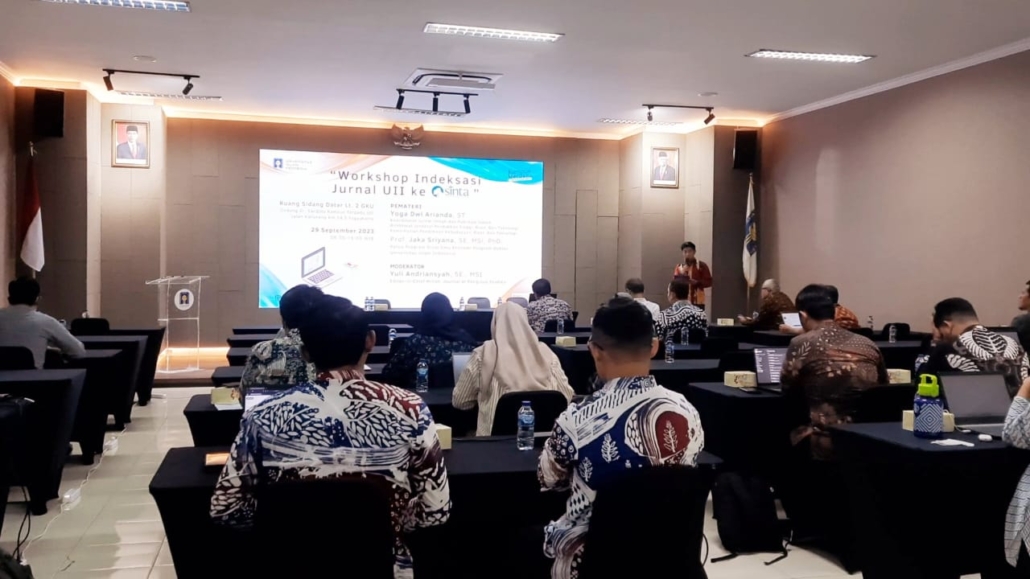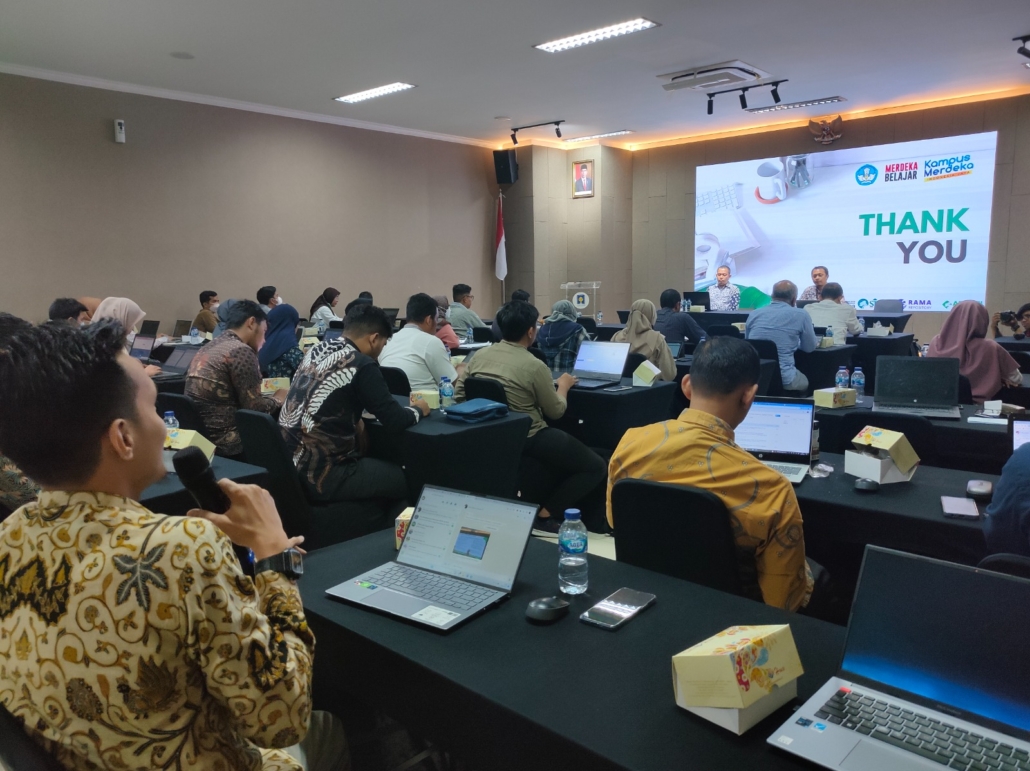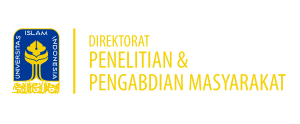
Figure 1. UII DPPM Facilitates Workshop on Indexing UII Journals in SINTA
The presence of a journal in a university is crucial for disseminating faculty works that benefit society and contribute to the advancement of knowledge. Managing a journal is not easy, both in terms of obtaining quality manuscripts and maintaining regular publication schedules. At UII, there are currently about 34 journals (out of a total of 62 journals) that have not yet been indexed by the national journal quality monitoring and assessment agency “SINTA” under the auspices of the Ministry of Research, Technology, and Higher Education. Efforts in promotion, socialization, and more serious management are needed so that journals can obtain quality manuscripts in sufficient quantity to be indexed in SINTA, with the ultimate goal being citations that can benefit society.
This was stated by the Vice Rector of UII for Academic Development & Research, Prof. Dr. Jaka Nugraha, S.S., M.Si., and also the Director of the Directorate of Research and Community Service (DPPM) of UII, Eko Siswoyo, ST., M.Sc.ES., Ph.D., during their remarks at the Workshop on Indexing UII Journals in SINTA organized by UII DPPM. The workshop featured Yoga Dwi Arianda, ST (Coordinator of Intellectual Property and Scientific Publications, Directorate of Research, Technology, and Community Service, Directorate General of Higher Education) and Prof. Dr. Jaka Sriyana, SE., M.Si., Ph.D. (Head of the Graduate Program in Economics, UII) as speakers on Friday, September 29, 2023. The event was moderated by Yuli Andriansyah, S.E., M.Si. The workshop, held in the audiovisual room of the Moh. Hatta Building (UII Library), was attended by no fewer than 45 journal managers within the UII community.
Meanwhile, Yoga Dwi Arianda, ST, began his presentation by presenting data on the development of reputable international publications and citations, the profile of UII publications in internationally indexed journals, and the development of accredited journals in Indonesia. He emphasized fundamental requirements in the process of submitting scientific journal accreditation applications, such as administrative requirements, recent changes in requirements, password and account activity as an editor, evaluation criteria and weight, journal management, common mistakes made during the submission of scientific journal accreditation, and journal management strategies.

Figure 2. UII DPPM Facilitates Workshop on Indexing UII Journals in SINTA
On the other hand, Prof. Jaka Sriyana in the second session primarily discussed the roadmap for the development of scientific journals, from non-accredited scientific journals to reputable international journals (Scopus/WoS). According to him, the essence of journal management towards journal reputation lies in publishing management and article substance.
“Good scientific journal management consists of two things: how to conduct editorial governance according to publishing standards and maintaining the quality of substantive, stylistic, and formatting editing,” he said, adding that e-journal management regulates the treatment of a manuscript from acceptance to publication, as well as the quality of stylistic and formatting editing that reflects the content.
Like Yoga Dwi Arianda, he also discussed the elements of assessment for scientific journal accreditation.
Workshop participants appeared quite enthusiastic, posing many questions to the speakers. (WHP)
